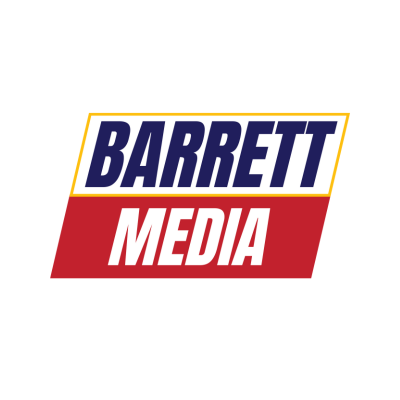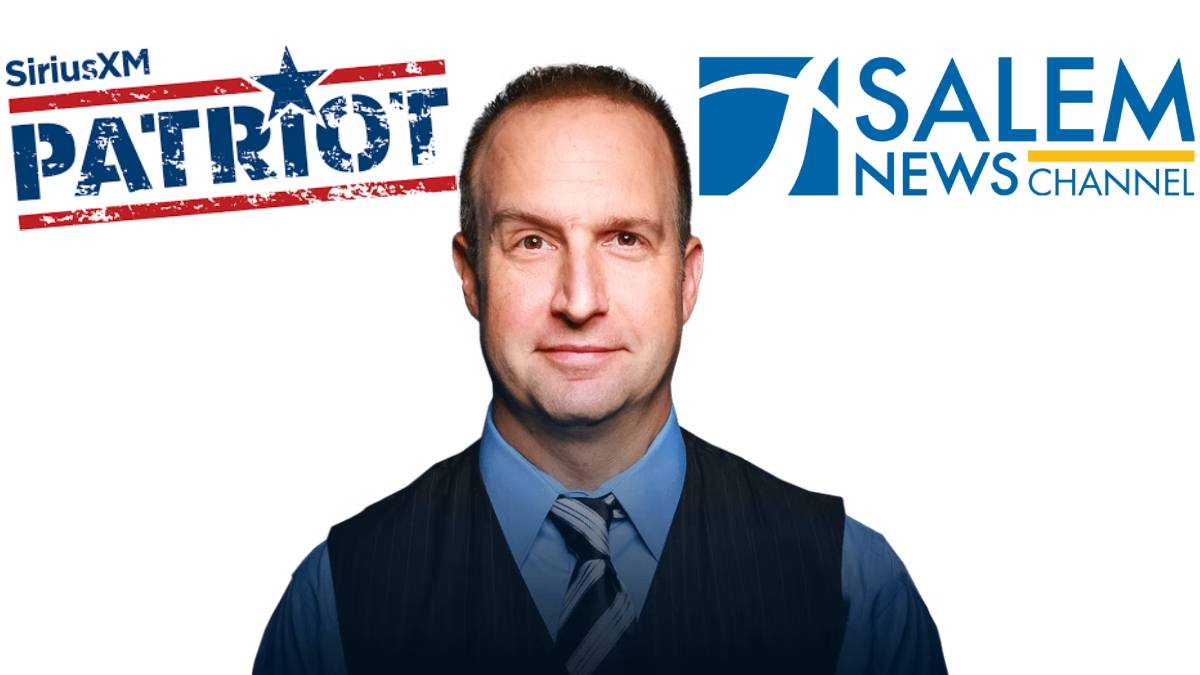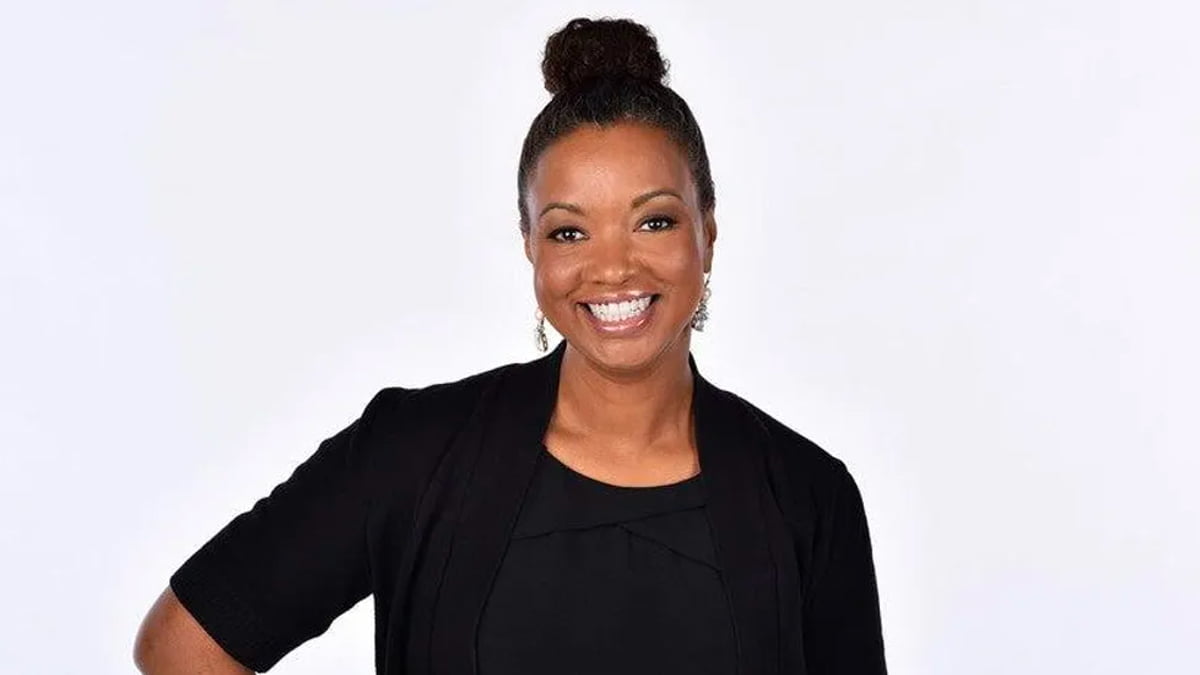SiriusXM’s Andrew Wilkow out-hustled the competition to reach the top, but he’s aware of the industry’s evolution.
No more sending notes to program directors hoping to score a favor or fill in during a quiet weekend shift. It’s a changed game, but talking to someone who climbed the industry ladder is always fascinating.
The Wilkow Majority didn’t happen overnight. Before the iconic slogan “We’re right, they’re wrong, the arguments on this show cannot be broken,” there was “The next generation.”
Before becoming a SiriusXM superstar with a massive following, Andrew Wilkow was a rock jock crashing on couches and pulling overnight shifts just to be heard. He viewed talk radio as the penthouse yet doubted he had the class. Now, he’s proven himself wrong.
The Wilkow Majority’s story originated in a rental car that belonged to Mel Karmazin. While driving to the Hampton’s, the former executive turned on 77 WABC and was intrigued by Andrew Wilkow’s show. Karmazin was so impressed that he wrote a note and placed it on the dashboard to remind himself to hire Wilkow.
Eventually, Jeremy Coleman, Sirius’ longtime SVP/Talk, and Entertainment, contacted Andrew Wilkow, and he was offered the noon-3 slot on the SiriusXM Patriot channel.
At the time, the late Rush Limbaugh was at the pinnacle of his popularity, with over 20 million listeners tuning in to hear him daily. Wilkow’s strategy was straightforward: be yourself and avoid imitation. By being genuine and relatable, Wilkow established a following, both crucial components of a successful talk show host.
Andrew Wilkow owns the talk radio game on SiriusXM or traditional broadcast radio. His show carves its niche, breaking free from the constraints of terrestrial radio with a no-censorship policy and the freedom to dive deep into topics in brisk 20-minute segments.
In a chat with Barrett News Media, Andrew Wilkow spills the beans on navigating the grind of hosting a daily radio and TV show while juggling family duties. Get ready for some real talk on how this radio heavyweight masters the art of balancing TV, radio, and, most importantly, his roles as a dad and husband. We’re laying down the facts – we’re right, they’re wrong, and the arguments here are unbreakable.
Ryan Hedrick: How did your career start at SiriusXM?
Andrew Wilkow: I was told by Mel Karmazin (former CEO of Sirius) that he had his car in the shop and was going out to the Hamptons. He had to have a rental car, and he had turned on WABC, and I inherited Mark Levin’s noon-2 slot. He heard the show and listened to it driving to the Hamptons, and he said he wrote on a Post-it note, “Hire this guy,” and stuck it to his dashboard, and it wasn’t long after that that Jeremy Coleman ( Sirius’ longtime SVP/Talk and Entertainment) made contact.
RH: Is there a difference between doing a talk show on SiriusXM Radio and traditional commercial broadcast radio?
AW: For the record, I don’t curse because I don’t feel it has a place in what I do, and we will drop callers who curse on our delay. Swearing doesn’t add to what I do, but I am not opposed to it. If you like that, you can listen to Faction (punk rock music) or Octane (liquid metal music), and some of our DJs are dropping F-bombs, and that’s fine for what they are doing.
I don’t like it. We are truly niche with all of our speech and personalities. I know what I do is niche. We are different than terrestrial radio, where you might have 3-4 news/talk stations in your market area.
The real beautiful advantage of how I try to serve our subscribers is that with 20-minute-long segments, I don’t have to stop in the middle of a thought for news, traffic, and weather. We can take a topic and go as deep into it as we want or as the niche subscriber wants us to.
RH: Have you been affected by the censorship of Big Tech in terms of how you communicate with your followers?
AW: The one thing I truly take comfort in is that SiriusXM is committed to freedom of speech. If you like my program, fine. If not, we have a voice for everyone in this country. That’s amazing. I haven’t found myself censored. I have been told I was shadowbanned, but I have not been able to prove it.
RH: When Rush Limbaugh passed away, it opened up one of the most desirable positions in talk radio. Were you a candidate to replace him?
AW: I was under contract. I wouldn’t have been available in any way. Was my name considered? I heard that it was spoken about, and I know people over at Premiere Networks, but I know full well that I have bloomed where I was planted. If I had come to this format later in life, I would have struggled because it is a much longer hour. If you are used to doing 21-30 minutes in the hour, we are doing 53 minutes. I think I have become synonymous with SiriusXM Patriot.
RH: Sticking with Limbaugh and his influence on talk radio, what is your opinion on the current state of the news/talk format following his death?
AW: The time of working your way up has been replaced by insta-famous. The days of filling in, doing overnights, sleeping on the station couch, and telling the program director you will do whatever it takes have replaced you in putting up your podcast, and if it catches on, you are insta-famous.
I am not decrying, it’s just the shift in the business. I am considered one of the older guys now. I started by constantly trying to solve the program director’s problem. And I was always trying to get on the air. I was always trying to get a fill-in shift. I did nights, I did weekends, I did whatever I needed to do. After starting in music radio, I did whatever it took. My way was to outwork other people. At that time, there was no such thing as TikTok, Instagram, or any streaming or podcasting.
RH: Where do you think the next generation of radio talk show hosts will come from?
AW: There’s a new way. If you fear competition, you should stay off the field.
When I first came to SiriusXM, and they told me I was going to be doing the noon-3 slot, I asked them if they knew what they were asking me to do. You’re asking me to go up against an 800-pound gorilla that nobody has survived (talking about the challenge of going head-to-head with Rush Limbaugh). I was in the noon-3 slot from 2006 up until the passing of Rush Limbaugh, and I managed to build an audience by not imitating.
If you are truly committed to this and have what it takes, there might be some heartbreak or struggle initially. I know competition keeps me on my toes. I have to work for every set of ears that will be there from noon-3.
RH: How does your radio persona and Salem TV show persona differ from each other?
AW: Yes. I write the monologues every day for Salem. My biggest stress right now is if I get up in the morning and write a monologue, it could be worthless at 5 PM. You could be speculating about who will be the next Speaker of the House, and then there’s the Speaker, and your whole monologue could be gone.
I start writing the monologue around 3:50 – 4:00 in the afternoon, and that’s authentically me. In radio, you have more room to free form than on TV. It’s a much tighter, more time-sensitive format, and watching someone think things up is different than listening to it organically, if that makes sense.
RH: Let’s get personal for a moment. How do you manage the workload of hosting a daily radio and TV show while balancing your responsibilities as a father and husband?
AW: It’s tough because my wife sometimes feels like a single mother. I do a lot of prep, and that takes up time. I get up with my kids in the morning, make breakfast, and try to see them off to school. I get home late at night.
Salem Media Studios is down in Lower Manhattan at the World Trade Center. When I get back on the subway, get back to Port Authority, take the bus out to the park-and-ride, get into my truck, drive through the traffic by MetLife Stadium, it’s 7:45-8:00 before I get home at night.
It is what it is. I can’t complain. I signed up for it. I signed a contract with SiriusXM and I signed a contract with Salem. It is something that you have to consistently and constantly balance.
RH: New York City appears to be rapidly deteriorating. Does the city’s decline concern you as someone who works in New York and commutes from New Jersey? Have you ever considered moving to a Red State?
AW: I check real estate listings in Florida every day. Salem has TV studios in Altamonte Springs and an unoccupied radio studio from which I could do my show with the same technology that I used at the mothership. It’s a discussion that my wife and I have all the time. My oldest daughter is in 8th grade; she will be in high school next year and has a big group of friends. My other daughter just turned 11; she’s got her group of friends. It might be a little easier on my son because he is eight, but it’s something that we talk about all the time.
RH: When situations arise in your professional life, who do you turn to for advice?
AW: It’s no secret my father-in-law is in the business. Phil Boyce (Senior Vice President of Salem Media Group) has created many great programs. It was funny that when they were building Salem, I was still under contract at Blaze TV, and when my contract was up, they wanted more of a commitment for audio, and I said I couldn’t give it to them because I pledged to SiriusXM, who had been my stable venue since 2006.
BlazeTV and I mutually parted ways with no hard feelings. Salem was going to turn the lights on in 2022, and I became available. I said to my father-in-law [hiring me] has to be someone else’s idea. I was not coming to work for my father-in-law; I wasn’t going to do that. So they showed some of my tapes to other Salem executives.
They knew I wrote my monologues, and I learned to do my makeup during the pandemic. I could walk in on day one and give Salem a credible show, and that’s what I did.
RH: How much does national recognition as a host matter to you? And imagine this: what would it mean to be inducted into the Radio Hall-of-Fame?
AW: Anybody that says “I don’t care”, of course you do. When it’s over for me, and it will be over for me, I have told myself that I will not hang around past my expiration date.
If I don’t land in the Hall of Fame, I will not say I didn’t have a successful career. I built a show on a platform where people said, ‘I would never pay for radio.’ We managed to go into that and up against the number one show on radio, format notwithstanding. I’ve been here and had my contract resigned every time my deal was up.
The radio business has allowed me to raise my three children. If it were to happen (being elected into the Radio Hall of Fame), it would be huge for a kid who started in Rock Radio. My goal was to be an afternoon DJ and perfect the afternoon playlist.
Talk radio fell into my lap. I always thought radio was the ivory tower and talk radio was the penthouse. I didn’t think I had the class to get in, and I hope in a way that that’s what makes me appealing and that I am still the guy who, on a Friday night, will park my boat at the lake club and see other dads and have a cigar or something.










